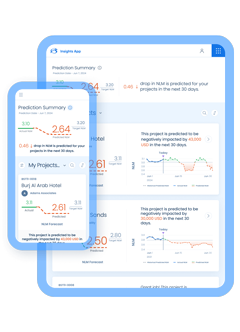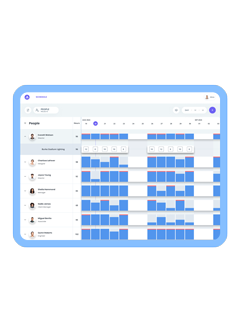
Contracts are a staple in any kind of business. As consumers, we enter into contracts all the time, like when we accept a company’s data privacy policy or sign up for a new subscription service. Commercially, contracts protect buyers and sellers, suppliers and users, and companies and the contractors they hire. Suppliers and consultancies rely on contracts to pursue and secure new business.
The Basics
For a contract to be valid, it must meet certain fundamental criteria:
- Two or more contracting parties
- An offer
- Acceptance
- Consideration
Whether it involves private individuals or multinational corporations, whether it’s verbal or written, whether it’s worth $1 or $100 million, a contract must have all four of these components to be considered legally binding.
By issuing a contract, the party offering a product or service spells out the terms and conditions the party wishing to use that product or service must observe. If either party fails to meet its obligations under the accepted contract, there is usually a penalty, possibly financial and potentially voiding the contract completely. In many cases, especially in commercial contracts, the terms and conditions and penalties are negotiated in advance, with all parties taking part in the process.
In the AEC industry, contracts are a fact of life. Contracts ensure effective and efficient project execution. They also hold contractors, project managers, and contracting entities accountable. AEC firms have their own industry-specific language when it comes to contracts. We’ve devised a list of some general and specific contract terms and defined them below.
Completion Date
- The date when all contract scope should be turned over to the client
Contract
- A formal and legally binding agreement between two or more parties to perform a service with specific terms and conditions
Cost Plus (CP)
- An agreement wherein the client pays the cost of all labor and materials, plus overhead and profit, at a specified rate
Cost Plus Fixed Fee (CPFF)
- A contractual agreement to pay all costs, including overhead, regardless of amount, in addition to paying a negotiated fee that is independent of actual cost
Cost Plus Maximum (CPM)
- An agreement wherein the client pays the cost of all labor and materials plus overhead and profit at a specified rate, not to exceed an agreed contractual ceiling
Lump Sum (LS)
- An agreement to deliver services for a fixed price
Joint Venture
- A business arrangement where two or more companies agree to pool resources for the purpose of completing a specific task
Master Service Agreement
- An umbrella contractual agreement between parties in which the parties agree to a framework of terms that will govern future contracts
Owner
- The entity for which a project is delivered, also known as the client
Prime Contractor
- The owner of the project that holds full responsibility for the project’s completion
Project Milestone
- A marker that shows an important achievement in a project, which may also be a sequence of events that incrementally build up to a project’s completion
Schedule of Fees
- An agreed rate or markup of cost, quantity, or hours an owner will pay its prime contractor for labor, expenses, or subcontractor services
Terms and Conditions
- A set of agreed-upon rules governing a contract
Contracts touch nearly every aspect of the AEC industry. Having a basic understanding, even beyond the terms we’ve outlined in this article, is essential for any professional in the business. For more information about contracts and project management in general, read “The Ultimate ERP Glossary for AEC Firms.” Our CEO, Javier A. Baldor, also contributed to the ACEC Research Institute’s roundtable, “Lump Sum Contracting: Current Practices, Opportunities and Challenges.” Check out the blog explaining his participation, with a link to the full report.









